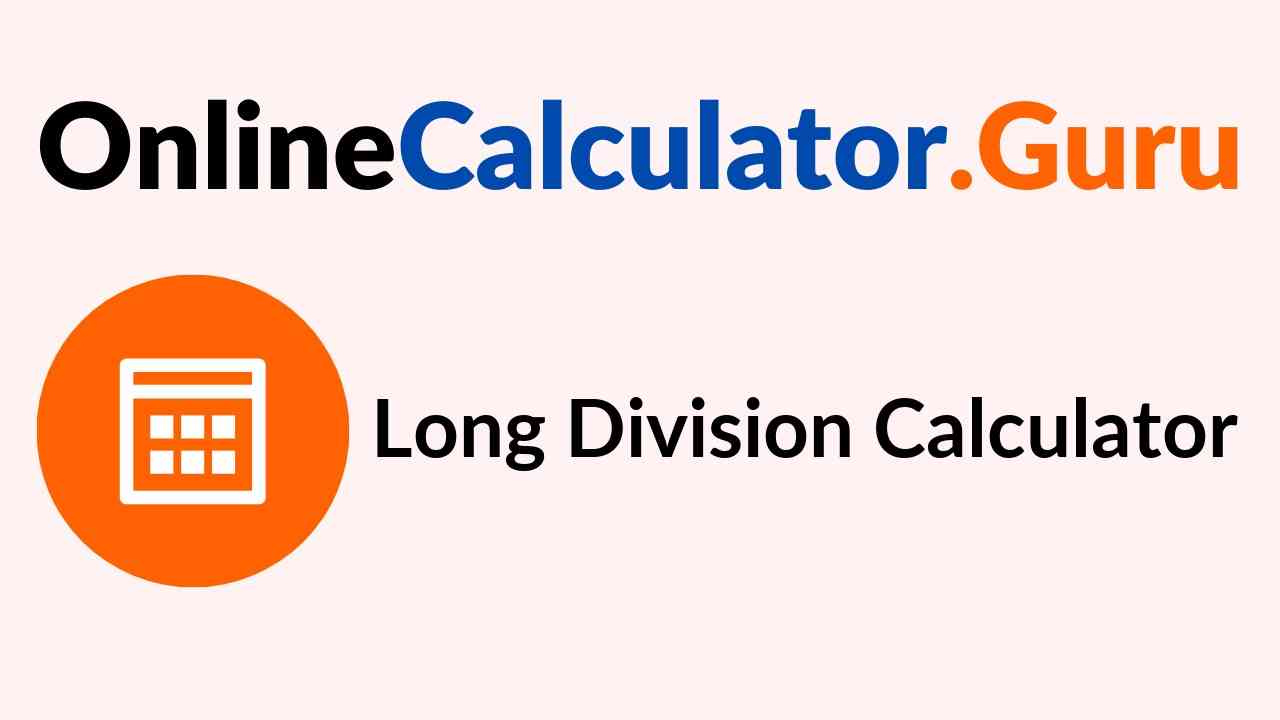2 divided by 34 is a mathematical operation that results in a fractional number. This article will explain the concept of dividing two numbers, provide four relevant FAQ questions and answers, and conclude with some advice.

Table Of Content:
- Divide Using Long Division 34÷2 | Mathway
- How to calculate 34 divided by 2 using long division
- What is 34 Divided by 2 Using Long Division?
- What is 1/2 divided by 34?
- What is 2 Divided by 34? With Remainder, as Decimal, etc
- Fraction calculator - calculation: 3 56/34 - 5 1/2
- What is 100 Divided by 34? With Remainder, as Decimal, etc
- Long Division Calculator | Divide 34 by 2 using Long Division Method
- What is 72 Divided by 34? With Remainder, as Decimal, etc
- When 32^33 is divided by 34 , it leaves the remainder 3k + 5 then ...
1. Divide Using Long Division 34÷2 | Mathway
https://www.mathway.com/popular-problems/Basic%20Math/7341
The result of division of 34÷2 34 ÷ 2 is 17 17 . 17 ...
2. How to calculate 34 divided by 2 using long division
https://divisible.info/LongDivision/How-to-calculate-34/divided-by-2-using-long-division.html Here we will show you step-by-step with detailed explanation how to calculate 34 divided by 2 using long division. Before you continue, note that in the ...
Here we will show you step-by-step with detailed explanation how to calculate 34 divided by 2 using long division. Before you continue, note that in the ...
3. What is 34 Divided by 2 Using Long Division?
https://visualfractions.com/calculator/long-division/what-is-34-divided-by-2-using-long-division/
Mar 24, 2021 ... Extra calculations for you · Using a calculator, if you typed in 34 divided by 2, you'd get 17. · You could also express 34/2 as a mixed fraction: ...
4. What is 1/2 divided by 34?
https://divisible.info/FractionDividedByWholeNumber/What-is-1/2-divided-by-34.html
Here we will show you how to calculate 1/2 divided by 34. We will give you the answer in fraction form and in decimal form. Here is 1/2 divided by 34 ...
5. What is 2 Divided by 34? With Remainder, as Decimal, etc
https://dividedby.org/2-divided-by-34 2 divided by 34 in decimal = 0.0588235294117647 · 2 divided by 34 in fraction = 2/34 · 2 divided by 34 in percentage = 5.88235294%.
2 divided by 34 in decimal = 0.0588235294117647 · 2 divided by 34 in fraction = 2/34 · 2 divided by 34 in percentage = 5.88235294%.
6. Fraction calculator - calculation: 3 56/34 - 5 1/2
https://www.hackmath.net/en/calculator/fraction?input=3+56%2F34+-+5+1%2F2
Fractions - use a forward slash to divide the numerator by the denominator, i.e., for five-hundredths, enter 5/100. If you use mixed numbers, leave a space ...
7. What is 100 Divided by 34? With Remainder, as Decimal, etc
https://dividedby.org/100-divided-by-34 The quotient (integer division) of 100/34 equals 2; the remainder (“left over”) is 32. 100 is the dividend, and 34 is the divisor. In the next section of this ...
The quotient (integer division) of 100/34 equals 2; the remainder (“left over”) is 32. 100 is the dividend, and 34 is the divisor. In the next section of this ...
8. Long Division Calculator | Divide 34 by 2 using Long Division Method
https://onlinecalculator.guru/math/long-division-of-34-and-2/ Utilize Long Division Calculator for dividing the given dividend and divisor numbers ie., 34/2 easily and get the output as a quotient 17 and remainder 0.
Utilize Long Division Calculator for dividing the given dividend and divisor numbers ie., 34/2 easily and get the output as a quotient 17 and remainder 0.
9. What is 72 Divided by 34? With Remainder, as Decimal, etc
https://dividedby.org/72-divided-by-34 The quotient (integer division) of 72/34 equals 2; the remainder (“left over”) is 4. 72 is the dividend, and 34 is the divisor. In the next section of this post ...
The quotient (integer division) of 72/34 equals 2; the remainder (“left over”) is 4. 72 is the dividend, and 34 is the divisor. In the next section of this post ...
10. When 32^33 is divided by 34 , it leaves the remainder 3k + 5 then ...
https://www.toppr.com/ask/question/when-3233-is-divided-by-34-it-leaves-the-remainder-3k5-then-the-value-of/ When 3233 is divided by 34, it leaves the remainder 3k+5 then the value of k is. A. 7. B. 6. C. 9. D. 8. Hard. Open in App Open_in_app. Solution.
When 3233 is divided by 34, it leaves the remainder 3k+5 then the value of k is. A. 7. B. 6. C. 9. D. 8. Hard. Open in App Open_in_app. Solution.
What does "2 divided by 34" mean?
Dividing two numbers means to separate them into smaller parts or “fractions”. In this case, 2 is being divided by 34. The result of this operation is a fractional number, which in this case would be 0.05882352941 (two-fifths of 34).
What is an example of dividing two numbers?
An example of dividing two numbers can be seen when you are trying to divide 8 cookies among 4 people. Each person would receive 2 cookies each because 8 divided by 4 equals 2.
How can I calculate "2 divided by 34"?
To calculate 2 divided by 34 you need to use long division or use an online calculator such as Wolfram Alpha. Calculating it manually would require you to divide 2 by 34 repeatedly until you reach the resulting fractional number.
Is it possible for a division operation to have no remainder?
Yes, it is possible for the result of a division operation to have no remainder if the number being divisible (the dividend) completely divides into the divisor (the number being divided). For example, 12 divided by 3 would have no remainder because 3 perfectly divides into 12 three times with no remainder.
Conclusion:
This article has covered the concept of dividing two numbers and provided four relevant FAQs and their corresponding answers. Understanding the process of division can help someone solve calculations quickly and accurately which will come in handy in many situations throughout life.
